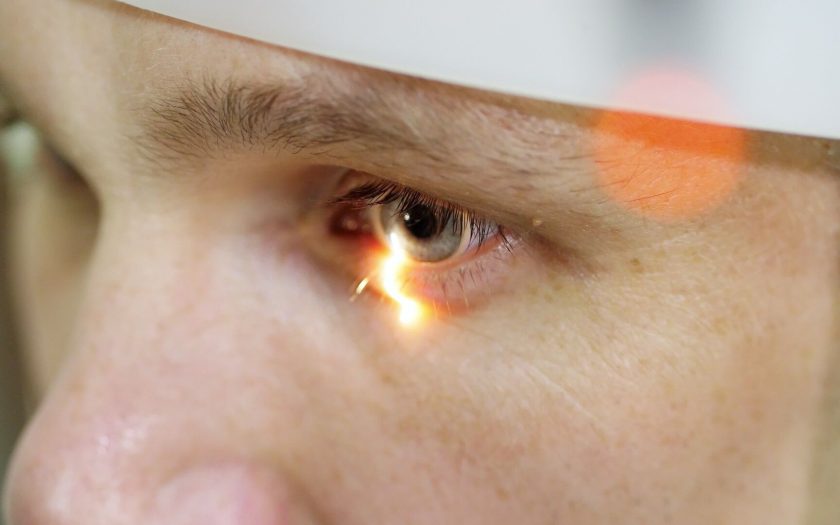Myth 1: Constant eye pain occurs.
This condition often develops painlessly, and a person may not feel any discomfort until serious optic nerve damage occurs. It is important to know that pain may only occur during an exacerbation of the disease, which is rare and results from a sudden increase in intraocular pressure. Such an attack can cause unpleasant symptoms that require immediate medical attention. However, for the most part, the person feels fine and may not experience any unpleasant sensations at all.
Myth 2: You cannot exercise at all.
On the contrary, moderate physical activity, such as yoga or cycling, can help reduce intraocular pressure and improve overall well-being. But, of course, there are some recommendations that should be followed during exercises. One such recommendation is not to overexert yourself, as intense sports that can cause sharp fluctuations in blood pressure, such as weightlifting or activities involving heavy lifting, can be dangerous. This may lead to further deterioration or create other health risks for the eyes. Overall, it is important to consult a doctor before starting a new exercise program to determine the safest routine for a specific case of glaucoma. Properly selected moderate physical exercises can help improve overall well-being.
Myth 3: Food does not affect eye health.
This is incorrect, as proper nutrition actually has a significant impact on eye health and helps control the condition. Consuming more antioxidant-rich foods can protect the optic nerve from oxidative stress, which is crucial in this situation. For example, some studies have shown that omega-3 fatty acids can have anti-inflammatory effects and improve blood circulation in the eyes, which is important for the individual. Additionally, it’s important not to consume too much salt, as high sodium levels in the body can worsen symptoms. Be mindful of what you put on your plate; choose foods that will benefit you, rather than those that may worsen your condition.
Myth 4: Stressful situations do not affect the eyes and do not worsen the condition.
Any stress that a person experience affects the entire body, and especially the condition of the eyes. During this condition, the body strains hard and can increase the pressure in the eye, as the fluid that accumulates in it does not have time to drain properly. Additionally, excessive stress can lead a person to neglect their treatment. For example, due to stress, people may forget to take their medication regularly or postpone doctor’s visits, which negatively impacts the condition. Remember, your eyesight is essential for normal functioning and life in general. Therefore, it is important to pay attention to how you respond to unusual life situations and try to react more calmly to what happens. This way, you not only prevent harm to your eyes, but you will also be able to make better decisions in difficult situations while staying in a calmer state. Also, under no circumstances should you forget to use the prescribed eye drops (such as Betagan, Combigan, Cosopt) and medicines (such as Diamox), as it is the treatment that helps maintain your stable condition with this illness.
Myth 5. Dust does not exacerbate the condition.
This is indeed a common myth, as dust and polluted air can negatively impact eye health. Dust can irritate the eye’s mucous membrane, causing inflammation and a sensation of dryness, which can worsen the condition in people with this disease. Dryness and irritation can also reduce the eye’s ability to heal itself, potentially slowing the healing process or exacerbating symptoms. To minimize risks, it’s important to avoid exposure to polluted air and dust, especially during flare-ups. It is recommended wearing protective glasses in conditions of increased pollution and to use moisturizing eye drops (such as Cyclomune Eye Drops) to prevent the drying of the eye’s mucous membrane.

